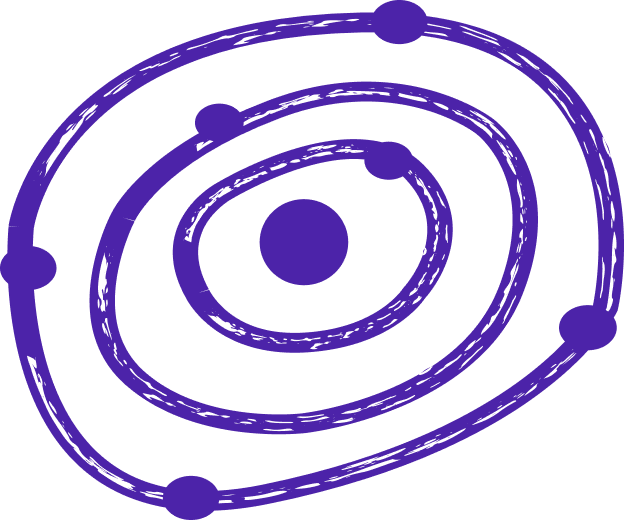
command query responsibility segregation cqrs
Command Query Responsibility Segregation (CQRS)
Traditionally, in a typical software system, the same model is used to handle both commands and queries. This approach often leads to a monolithic architecture where the data access layer, business logic, and user interface are tightly coupled. As the system grows in complexity and user demands increase, this monolithic architecture becomes a bottleneck, hindering scalability and maintainability.
CQRS, on the other hand, advocates for a clear separation of concerns by introducing two distinct models: the Command Model and the Query Model. The Command Model is responsible for handling commands, which represent actions that modify the state of the system. These commands encapsulate the intent of the user or the application and are processed by the Command Model to enforce business rules, validate data, and update the state accordingly. The Command Model is designed to be highly performant, optimized for write operations, and focused on maintaining data consistency.
In contrast, the Query Model is responsible for handling queries, which represent requests for data retrieval from the system. The Query Model is designed to be optimized for read operations, allowing for efficient querying and retrieval of data without impacting the performance of write operations. By separating the read and write concerns, the Query Model can be scaled independently, enabling the system to handle high read loads without affecting the write performance.
CQRS also promotes the use of different data storage mechanisms for the Command Model and the Query Model. The Command Model typically relies on a transactional database optimized for write operations, ensuring data consistency and integrity. On the other hand, the Query Model can leverage specialized data stores, such as read-only replicas, caching mechanisms, or denormalized views, to optimize read performance and provide near real-time data access.
One of the key benefits of CQRS is its ability to improve system scalability. Since the Command Model and the Query Model can be scaled independently, it becomes easier to allocate resources based on the specific needs of each model. This allows for horizontal scaling of the Query Model to handle high read loads, while ensuring that the Command Model remains performant and consistent.
Furthermore, CQRS enables a more flexible and maintainable system architecture. By separating the concerns of commands and queries, developers can focus on optimizing each model for its specific responsibilities. This leads to cleaner codebases, easier testing, and improved maintainability over time. Additionally, CQRS facilitates the introduction of event sourcing and event-driven architectures, where events are used to represent changes in the system's state and can be consumed by other components for further processing or integration purposes.
In conclusion, Command Query Responsibility Segregation (CQRS) is a powerful architectural pattern that promotes the separation of concerns between commands and queries in complex software systems. By introducing distinct models for handling write and read operations, CQRS improves scalability, performance, and maintainability. It enables independent scaling of the Command Model and the Query Model, utilizes different data storage mechanisms, and allows for the adoption of event-driven architectures. Embracing CQRS can greatly benefit startups and businesses seeking to build robust, scalable, and efficient software systems. Command Query Responsibility Segregation (CQRS) is a software architectural pattern that separates the responsibilities of reading and writing data in an application. In a traditional architecture, a single model is used for both read and write operations, leading to potential performance issues and complexity. With CQRS, separate models are used for reading and writing, allowing for better scalability and flexibility in the application.
By implementing CQRS, developers can optimize their application for specific use cases, improving overall performance and user experience. The separation of concerns in CQRS also makes it easier to maintain and modify the application over time, as changes to one aspect of the system do not impact the other. This can lead to faster development cycles and a more robust, stable application.
In conclusion, CQRS is a powerful architectural pattern that can help developers build more efficient and flexible applications. By separating the responsibilities of reading and writing data, CQRS allows for better performance, scalability, and maintainability. Implementing CQRS can lead to a more streamlined development process and a more reliable application in the long run.
Let’s build your next digital product — faster, safer, smarter.
Book a free consultationWork with a team trusted by top-tier companies.








